Since the state is defined on the basis of geographical division, ruler, people and sovereignty, these four elements are interpreted as the pillars of the state. Even without one of these four, the definition of a state cannot be fulfilled. In that too, governance is a system in the state related to these four things, so it is directly related to the significance, continuity, effectiveness and dynamism of the state. In the general sense, good governance is good governance.
Acting only by order can only be called rule, but in a lawful manner Running on a pre-determined basis is called good governance. Good governance is to make governance objective, responsible, transparent, objective and people-oriented. The system of governance has been evolving in different ways in different periods. In the West, Plato, Aristotle, and other thinkers in the West, as well as Eastern scholars such as Manu and Kautilya. This is considered as the first responsibility of the ruler on behalf of the state and the people.
The concept of good governance and inclusive governance has been evolving in the interest of the people, keeping in mind the importance and virtues of governance along with the recent global changes. Although the debate on good governance started in the world in 1980, the concept of good governance has been developing in the context of Nepal, especially after the political changes of 1990 and the general political changes of 2006.
The concept of inclusive governance is a concept developed in the governance process and good governance for the benefit and participation of every community and especially the group that has not been able to come into the mainstream due to various reasons in different periods. In a multi-lingual, multi-religious, multi-cultural, multi-ethnic and multi-ethnic and multi-diversified country like ours, inclusive governance has been interpreted and managed as an integral part of democracy and social justice. In the implementation of federalism, the issues of civil and public service, quality of service delivery and good governance can be utilized for the maximum benefit of the country and the people.
The means of connecting the state and the people is its service delivery. The quality of service delivery of the state is measuring its system of governance. The state and the government will bring the service delivery to the people through staff administration. In this sense, the working style, behavior and service delivery of the responsible employees working in the state administration is guaranteeing the effectiveness, good governance and inclusive governance of the state government.
Various constitutional, legal, policy and theoretical initiatives are being taken to make the public service of Nepal good governance friendly and to prove the effectiveness and justification of the government in building a prosperous state and welfare state by fulfilling the aspirations of the people by guaranteeing an inclusive system of governance.
Among the four main and fundamental pillars of the constitution of Nepal announced by the historic Constituent Assembly in 2015, republic, secularism, federalism and inclusive and proportional governance, the other three pillars besides federalism have already been implemented under the Interim Constitution of Nepal, 2007.
Now, the implementation of federalism is a complex and sensitive task in itself. Various constitutional, legal, policy and theoretical initiatives are being taken to make the public service of Nepal good governance friendly and to prove the effectiveness and justification of the government in building a prosperous state and welfare state by fulfilling the aspirations of the people by guaranteeing an inclusive system of governance.
We also cannot remain untouched by the eternal belief that public service administration is the alternative to public service administration in governing the country. Although there is a difference in its basis, influence, spread and role based on the system of governance, time period, form of government and specific priorities of the country, the basic values of public servant administration are basically the same.
Various criticisms have been leveled against the so-called alternative public servant administration. Despite various efforts by the government to reduce the everlasting criticism of negligence, procrastination, irresponsibility, carelessness, commissions, nepotism and nepotism that Nepal’s public sector is beyond the reach of ordinary citizens and lack of good governance. And it is not possible to maintain lasting trust in the state towards the people.
As it is a service of collective responsibility based on process rather than reward, there is a situation where no employee or official can be held directly responsible on the basis of such complaints and criticisms. It is not that there have not been various efforts in the past to make the public bodies that receive services service-friendly by making the access, influence and services of the state to the public and give the feeling of citizen-friendly government.
Ironically, there are common complaints that our public service is agile, agile, service-oriented and service-friendly, comfortable, result-oriented, citizen-accountable, transparent, accountable and incapable, and is being haunted by political interference. There are many types of complaints about public services around the world.
The state of public service can be easily assessed by the fact that the proverb “When the sun shines” is popular among the people. As long as the quality, reliability and accessibility of public service delivery linked to the daily needs and aspirations of the people cannot be guaranteed, the gap between the government and the people will continue to widen.
In the context of Nepal, public service reform has also become essential to give the general public a positive experience of the recent political changes and the implementation of the new constitution. In the context of the implementation of federalism, the form of the state has been restructured and the constitution envisages three levels of government.
The main and final product of any level of government is the effective service delivery to people. The main source of income for that product is the staff administration. Thus, without a service-oriented administration, production cannot be imagined, and without a productive system of government, the organization or government cannot be justified in any way.
We have to address the aspirations, needs and aspirations of the conscious Nepali citizens of the 21st century at different levels of the state in the form of federalism envisaged by the changing global environment and the constitution of Nepal by learning from the shortcomings of the past.
The only option now is to guarantee good governance through a service-friendly administration in order to bridge the gap between the state and the people and maintain the full confidence of the people in the state. By correcting the governance and humanitarian flaws in the traditional administration, the employees are not the rulers of the country, but the responsible representatives and allies of the state and the spirit of being a servant of the people should be promoted and developed by the people immediately.
Therefore, the implementation of federalism should be taken as a golden opportunity by the staff administration. Due to which, the bureaucracy can be freed from the traditional grievances and criticisms of the past and can be established in the history as an undisputed, universally acceptable and inclusive democracy and a participatory organization for the successful implementation of federalism. In federalism, the sole aim of every level of administration is to transform the thinking of the government into a service-oriented spirit and bring the state to the doorsteps of the people and good governance to the minds of the people.
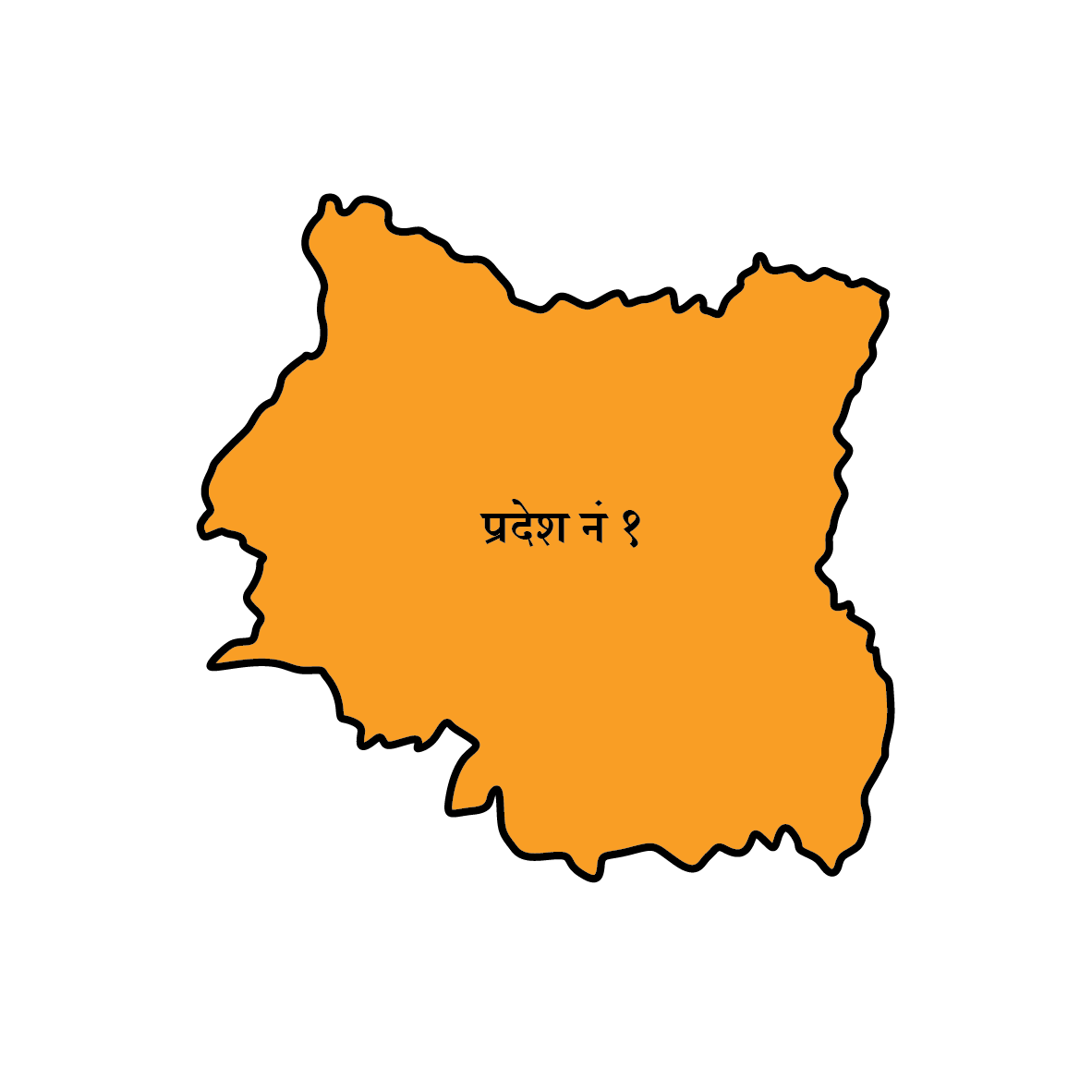 कोशी प्रदेश
कोशी प्रदेश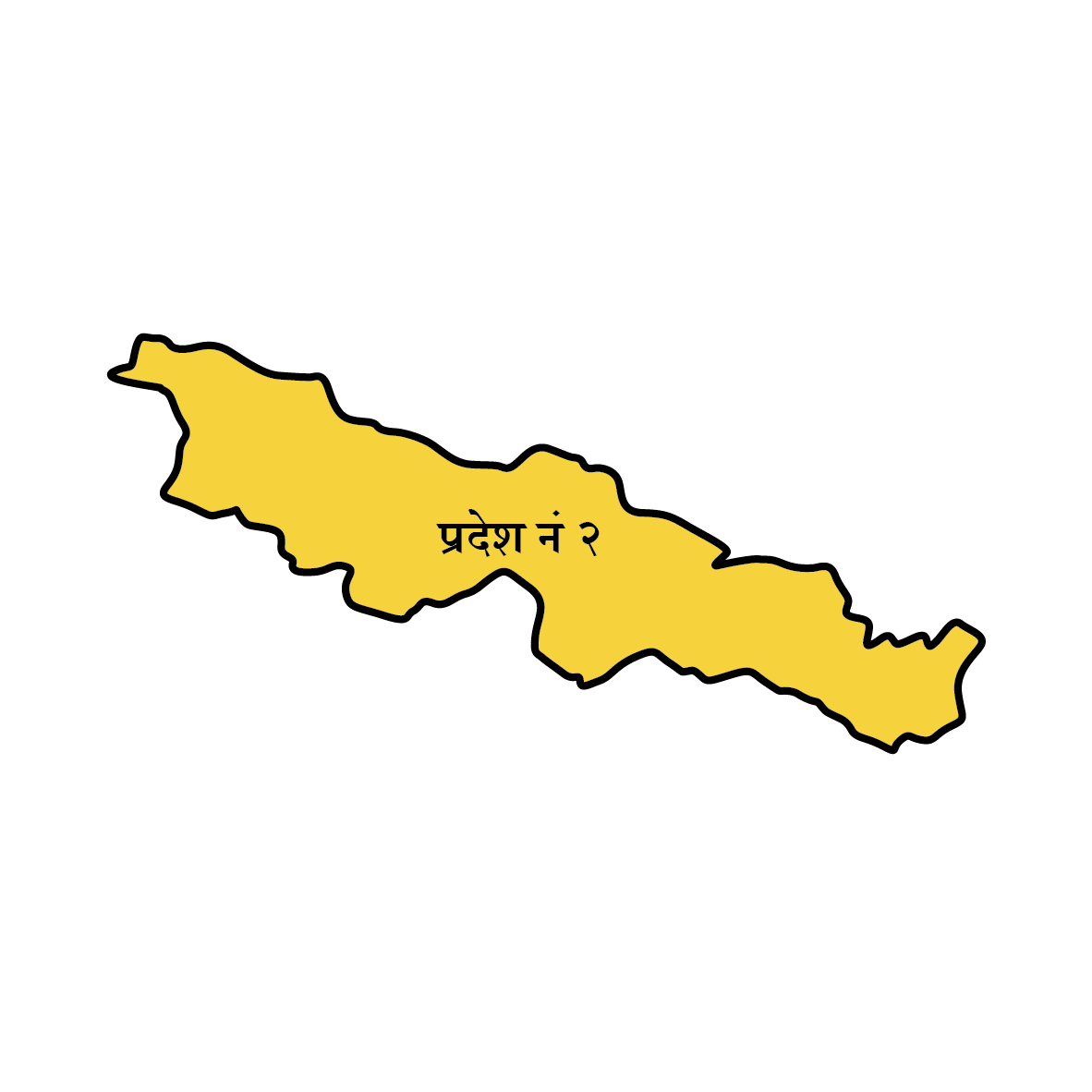 मधेश प्रदेश
मधेश प्रदेश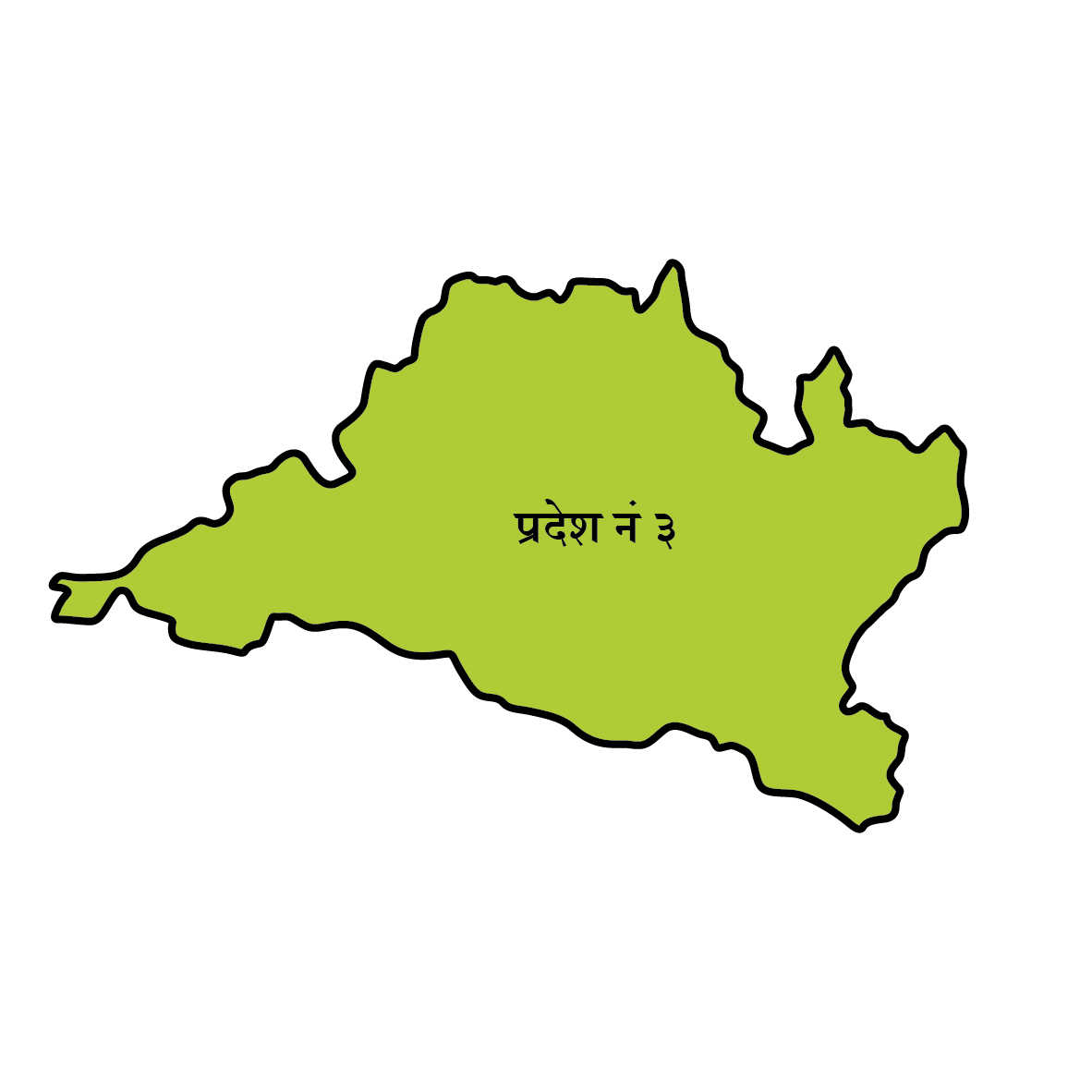 बागमती
बागमती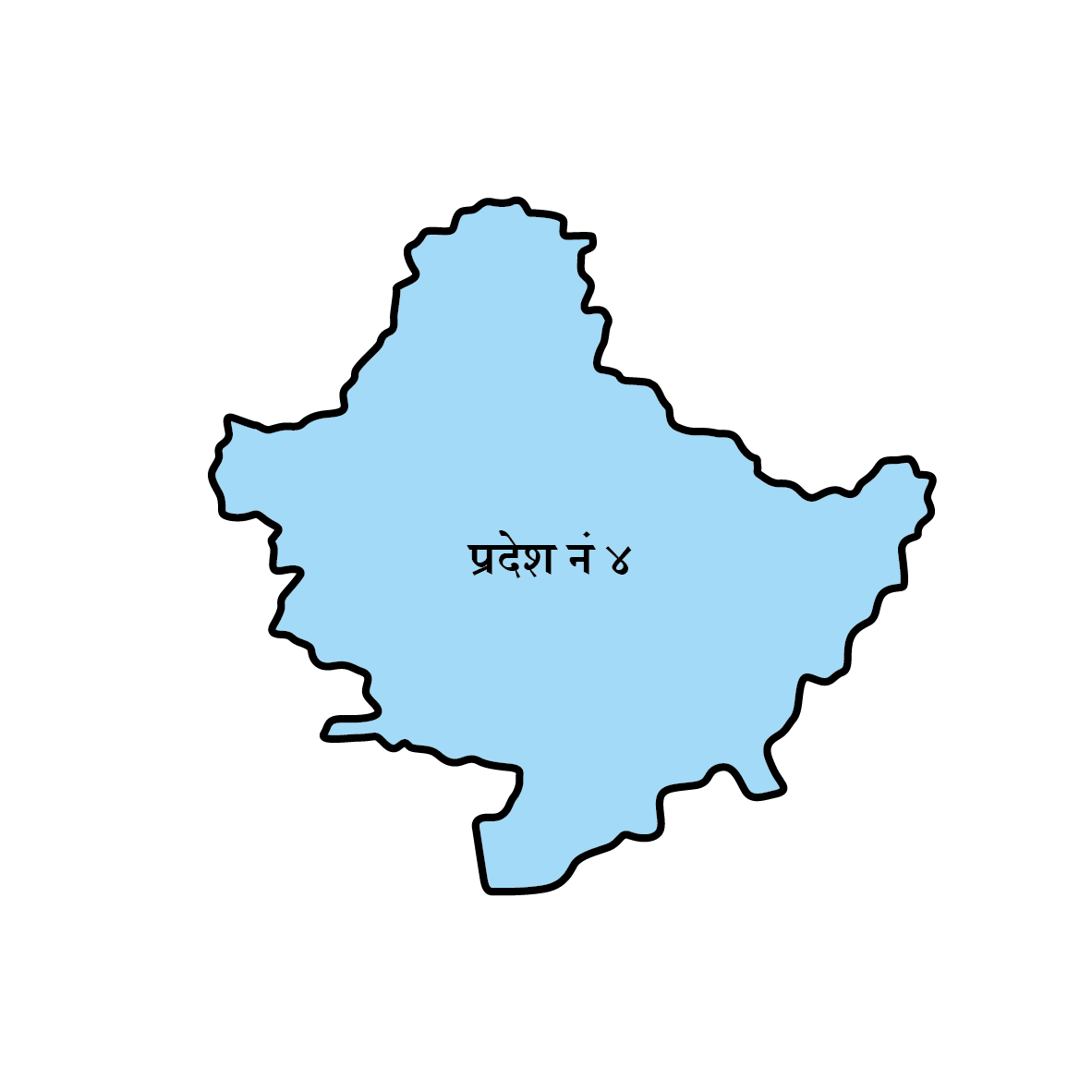 गण्डकी
गण्डकी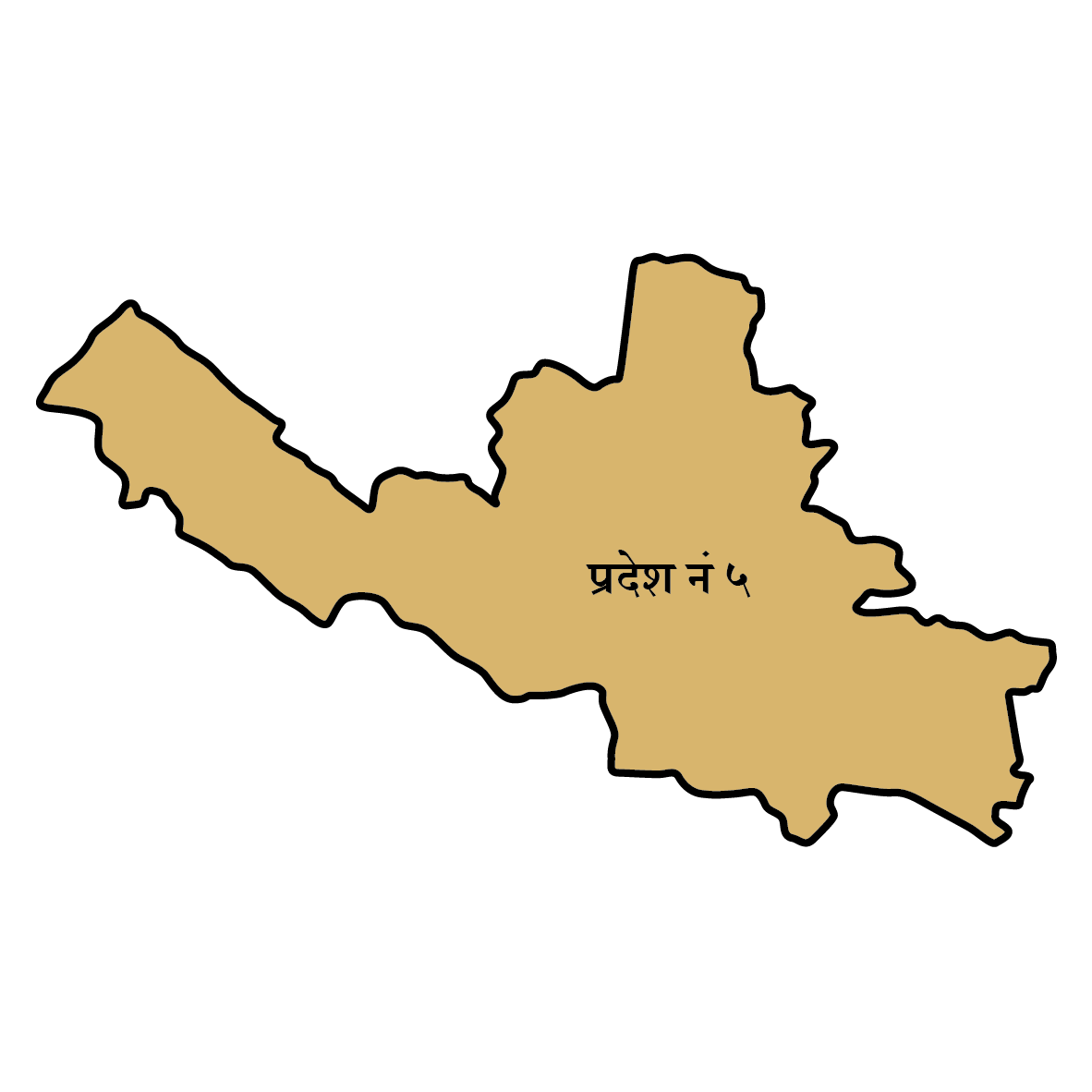 लुम्बिनी
लुम्बिनी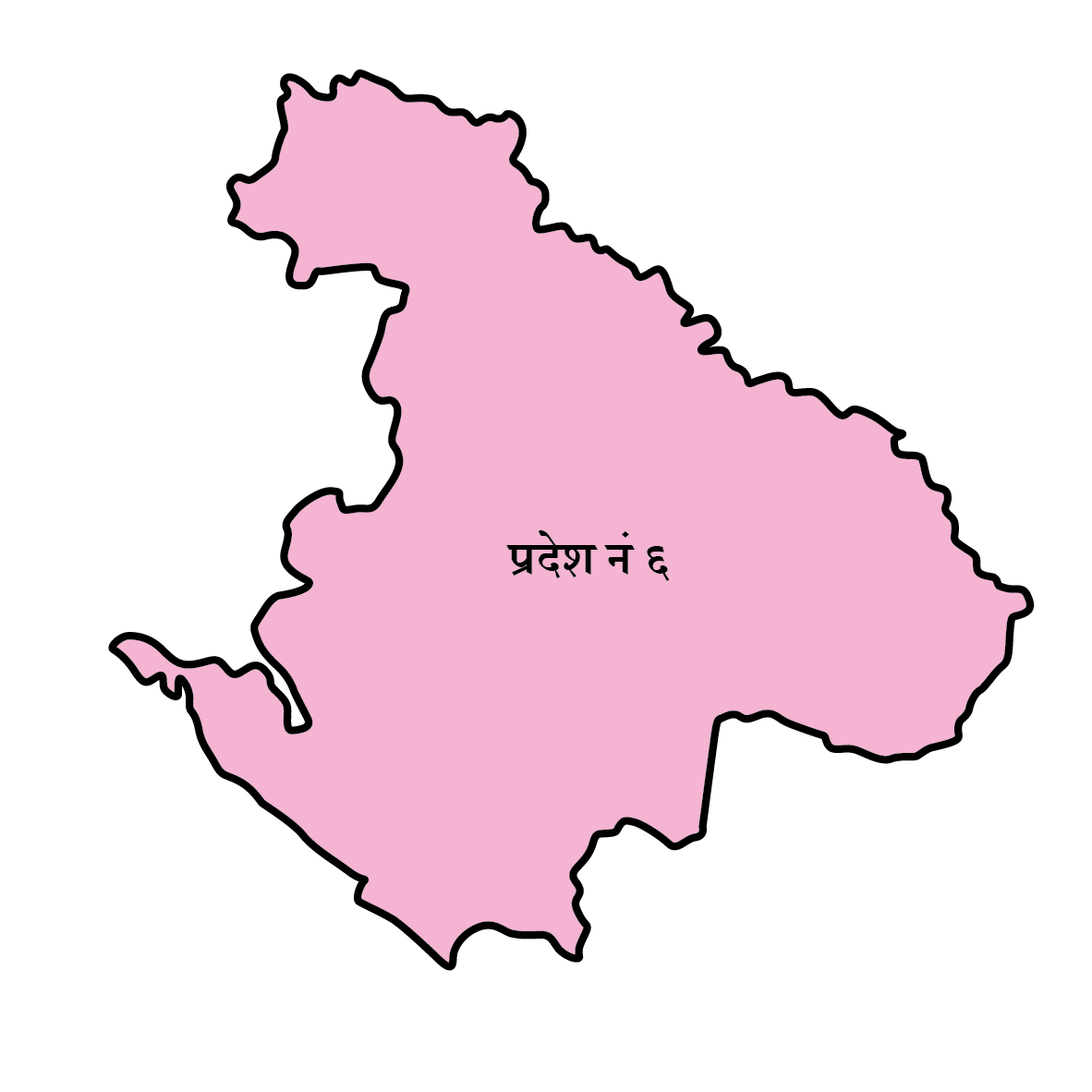 कर्णाली
कर्णाली 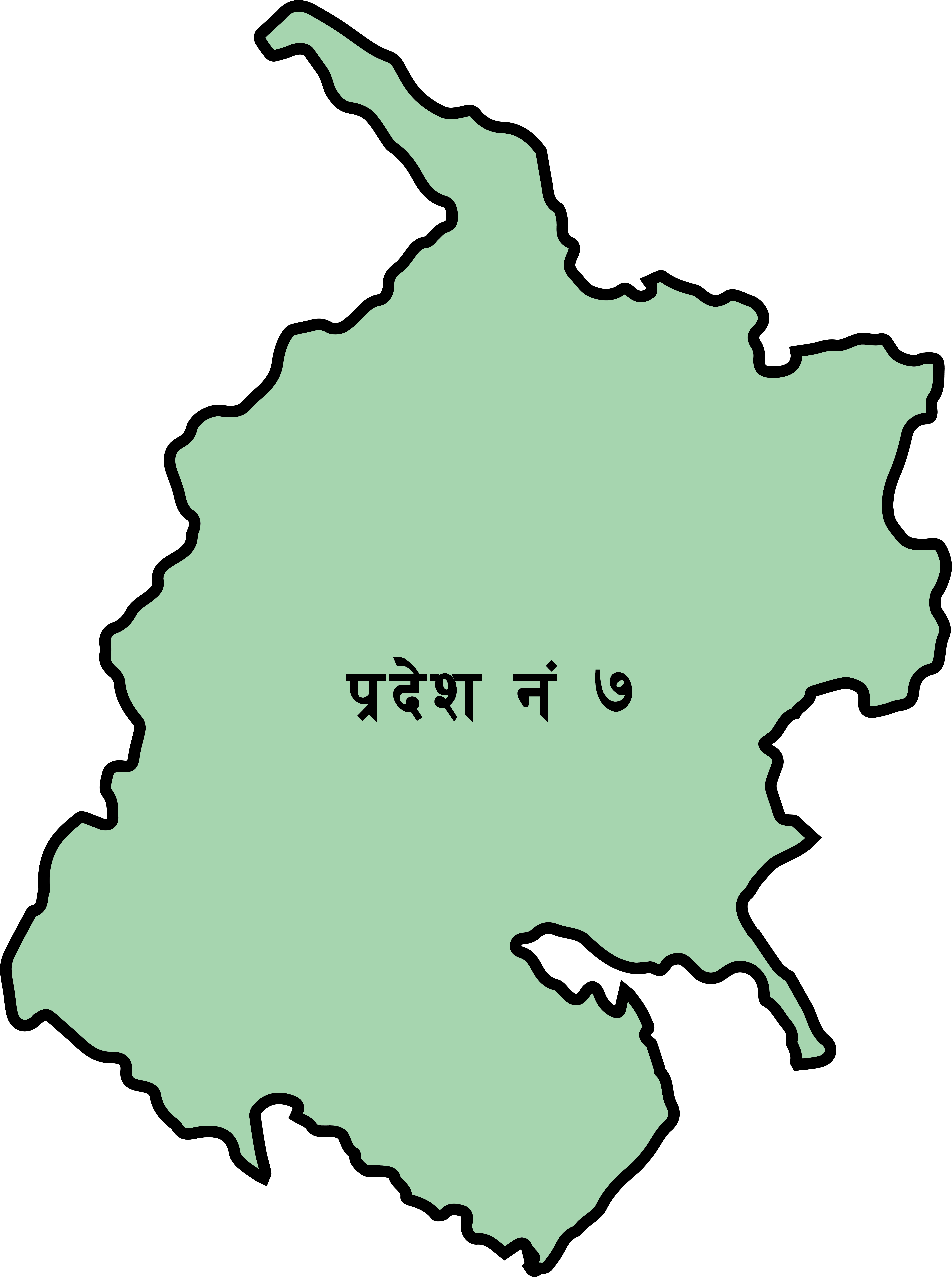 सुदूरपश्चिम
सुदूरपश्चिम
















